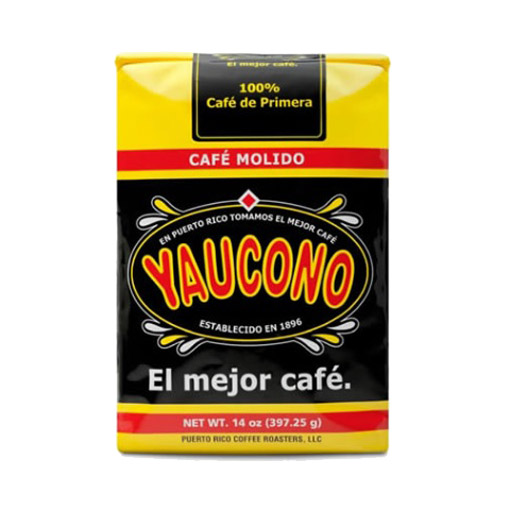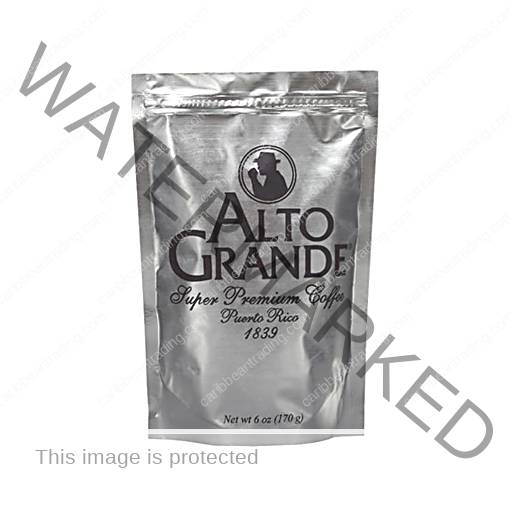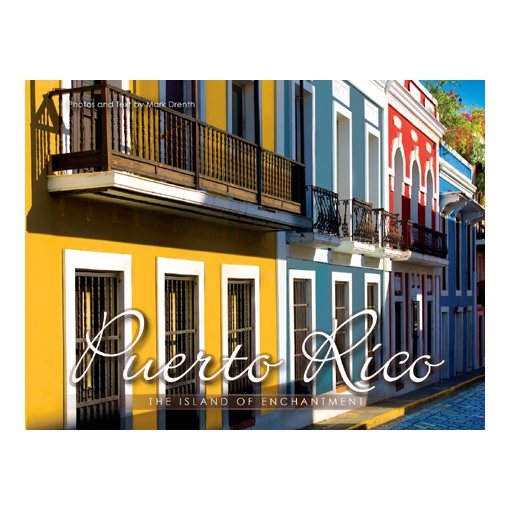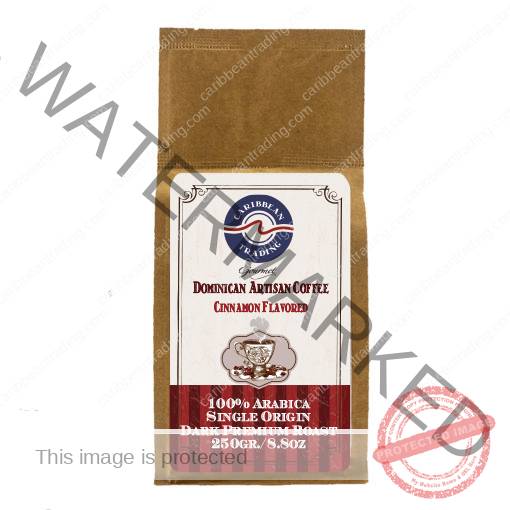Uncategorized
A History of Puerto Rico’s Coffee Culture
Puerto Rico’s coffee culture is as rich and vibrant as the island itself. From its lush, mountainous landscapes to its long history of cultivation and brewing, coffee has been a defining element of Puerto Rican life for centuries. The evolution of Puerto Rican coffee is a story of resilience, innovation, and cultural pride, deeply interwoven with the island’s colonial past, its economic shifts, and its ongoing efforts to maintain a distinct identity in a globalized world.
The Origins: Spanish Influence and Early Cultivation
The story of coffee in Puerto Rico begins in the late 17th century. In 1736, the Spanish introduced coffee plants to the island, which was still under Spanish colonial rule at the time. The fertile, volcanic soils of Puerto Rico’s central mountain ranges provided ideal conditions for coffee cultivation. The island’s lush terrain, combined with a subtropical climate, proved to be an excellent match for the Arabica coffee variety, which soon began to thrive.
Coffee quickly became a valuable commodity in Puerto Rico, which was part of Spain’s global trade network. By the 18th century, Puerto Rican coffee was being exported to Europe, particularly Spain, where it gained popularity. As demand grew, coffee production expanded across the island, with large plantations emerging in the central and western highlands. These plantations were worked by enslaved Africans, who played a crucial role in the island’s coffee industry. Their labor, though often brutal, helped establish Puerto Rico as a leading producer of coffee in the Caribbean.
The Golden Age of Puerto Rican Coffee
The 19th century marked the golden age of Puerto Rican coffee. By the mid-1800s, coffee had become the island’s most important export. It was during this period that Puerto Rican coffee began to acquire a reputation for its high quality, a reputation that persists to this day. Coffee production was centered in the island’s central mountain regions, with towns such as Adjuntas, Jayuya, and Lares becoming known for their coffee plantations. This period also saw the development of the island’s coffee industry infrastructure, including processing mills and export facilities.
During the 1800s, Puerto Rican coffee was highly sought after, and it became a staple in households across the island. Coffee culture began to take shape, with local cafes and “cafecitos” (small, strong cups of coffee) becoming integral to social life. The act of enjoying coffee became more than just a routine—it was a time for conversation, relaxation, and connection.
The Impact of Political and Economic Changes
Puerto Rico’s coffee industry faced significant challenges in the 20th century. The island’s political status, changing economic circumstances, and the rise of industrial agriculture all had profound impacts on coffee cultivation.
In the early 1900s, Puerto Rico’s status as a U.S. territory began to shape its coffee industry. The U.S. imposed tariffs on Puerto Rican coffee, which made it more difficult for local producers to compete in global markets. This, combined with the rise of synthetic coffee products, led to a decline in demand for Puerto Rican coffee in the mid-20th century.
The Great Depression of the 1930s further exacerbated the situation. The island’s coffee industry, already struggling with declining exports, suffered as local farmers faced economic hardship. As a result, many coffee plantations were abandoned or sold off, and the island’s coffee production sharply decreased.
Despite these challenges, Puerto Rican coffee culture endured. While large-scale coffee production faltered, smaller, family-owned farms continued to cultivate coffee for local consumption. This shift in production helped to preserve the intimate, artisanal approach to coffee making that would become a hallmark of Puerto Rican coffee in the 21st century.
Revival and the Rise of Specialty Coffee
In the latter half of the 20th century, Puerto Rico’s coffee industry began to experience a slow but steady revival. The rise of the specialty coffee movement in the 1990s brought new attention to Puerto Rican coffee. Farmers and producers began to focus on high-quality, sustainable cultivation methods, and many switched to organic practices. These changes allowed Puerto Rican coffee to re-establish its reputation for excellence.
At the same time, Puerto Rican coffee culture experienced a resurgence. Coffee bars and cafés began to proliferate across the island, often featuring locally sourced brews. Puerto Rican coffee, once again, became an important part of daily life, enjoyed by both locals and visitors alike. In fact, more and more trips are being made to Puerto Rico to experience the local coffee. This could be your next destination to visit if you are a coffee lover. Even if you don’t have the savings yet, you can apply for vacation loans for bad credit.
The island’s coffee industry also benefited from increased tourism. As Puerto Rico’s coffee culture gained international recognition, coffee tours became a popular activity for visitors. Tourists could explore the island’s coffee farms, learn about the history of coffee production, and sample freshly brewed cups of coffee made from beans grown just a few miles away.
Puerto Rican Coffee Today: Global Recognition and Cultural Pride
Today, Puerto Rican coffee is regarded as some of the best in the world. The island’s coffee industry is known for its dedication to quality, with small, family-owned farms continuing to produce some of the finest Arabica coffee beans available. Puerto Rican coffee has earned numerous accolades in international competitions, further cementing its status as a premium product.
Puerto Rican coffee is typically grown at high altitudes, with farms located in the central mountain regions, such as Yauco, Adjuntas, and Lares. The beans are often hand-picked, and many farms have adopted organic or sustainable farming practices. The island’s coffee is prized for its smooth, balanced flavor profile, with notes of chocolate, caramel, and fruit, and it is often roasted to a medium or light roast to preserve its delicate flavors.
The legacy of Puerto Rican coffee is also evident in the island’s vibrant coffee culture. Puerto Ricans take immense pride in their coffee, and it remains a key part of daily life. Traditional preparations, such as the “cafecito” or “piragua” (a strong, sweetened espresso served in small cups), are a symbol of hospitality and community. In Puerto Rico, coffee is not just a beverage—it is a cultural expression, a symbol of the island’s history, and a source of national pride.
The resurgence of Puerto Rican coffee has led to increased interest in the island’s coffee-growing regions. Coffee festivals and events, such as the Festival del Café in Lares, celebrate the island’s coffee heritage and promote local farms. These events bring together coffee producers, roasters, and enthusiasts, fostering a sense of pride and unity among Puerto Ricans and visitors alike.
The Future of Puerto Rico’s Coffee Culture
As Puerto Rico continues to embrace its coffee heritage, the future of its coffee culture looks bright. With a growing emphasis on sustainability, innovation, and quality, Puerto Rican coffee is poised to remain a global leader in the specialty coffee industry. The island’s farmers are committed to preserving traditional farming methods while exploring new techniques that improve both the flavor and environmental impact of their coffee.
Puerto Rico’s coffee culture will also continue to thrive as a cornerstone of local identity. As long as the island’s coffee farmers remain dedicated to their craft, and as long as Puerto Ricans continue to celebrate their coffee heritage, Puerto Rican coffee will remain an integral part of both daily life and the island’s cultural fabric.
Conclusion
The history of Puerto Rico’s coffee culture is one of resilience, adaptation, and pride. From its early colonial beginnings to its present-day status as a global coffee destination, Puerto Rican coffee has played a pivotal role in shaping the island’s identity. Today, Puerto Rico’s coffee culture is a testament to the island’s rich history and its enduring commitment to quality and tradition.







